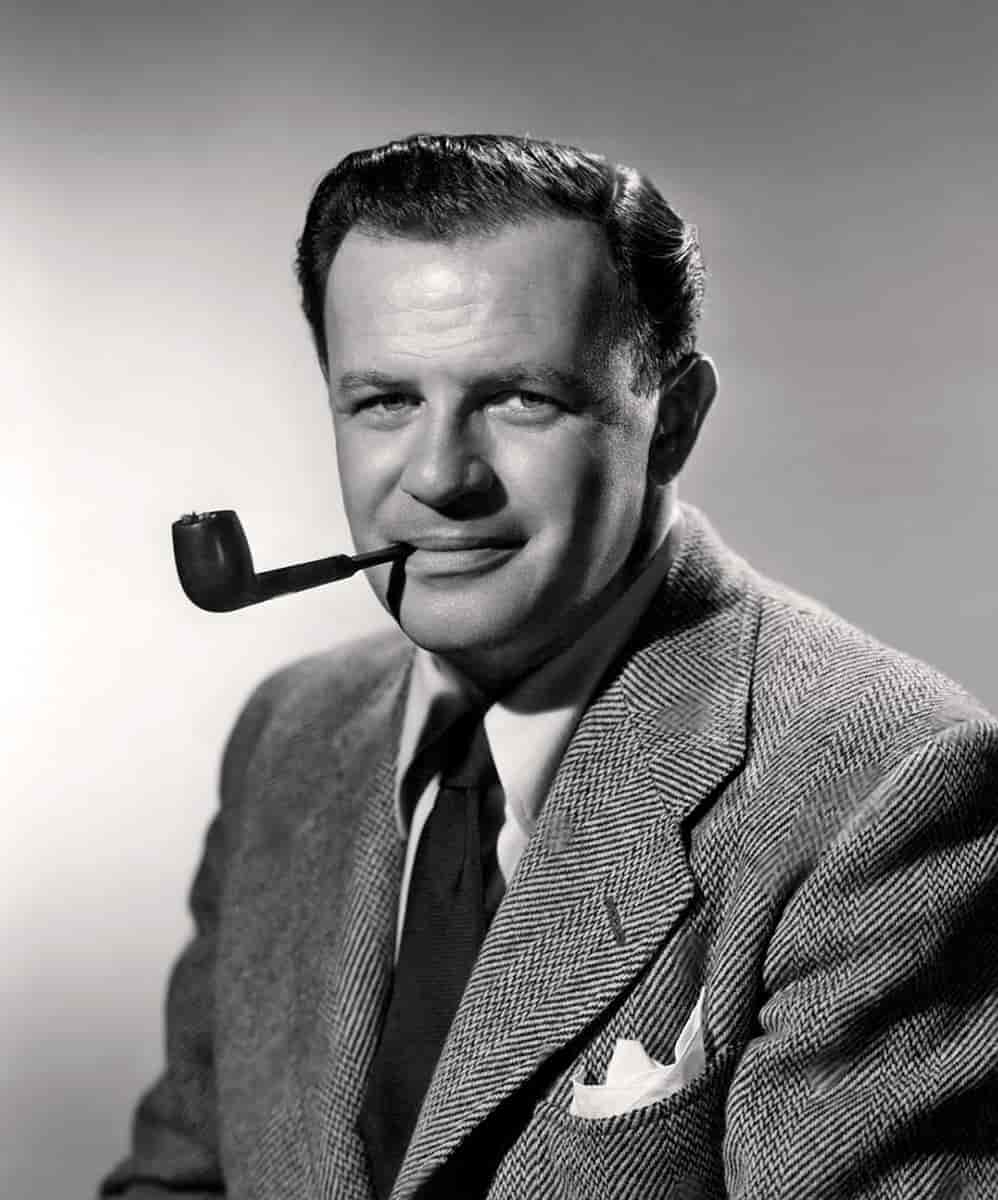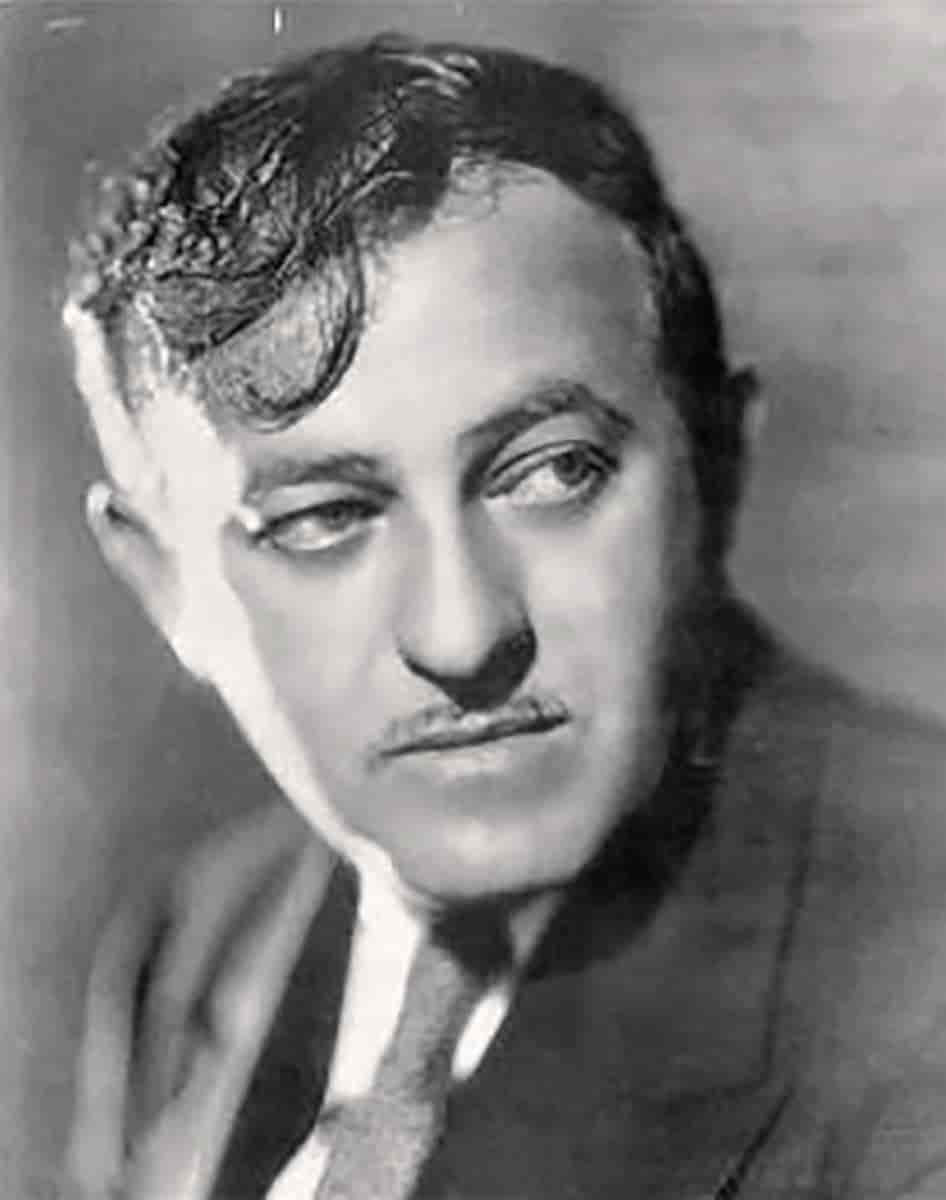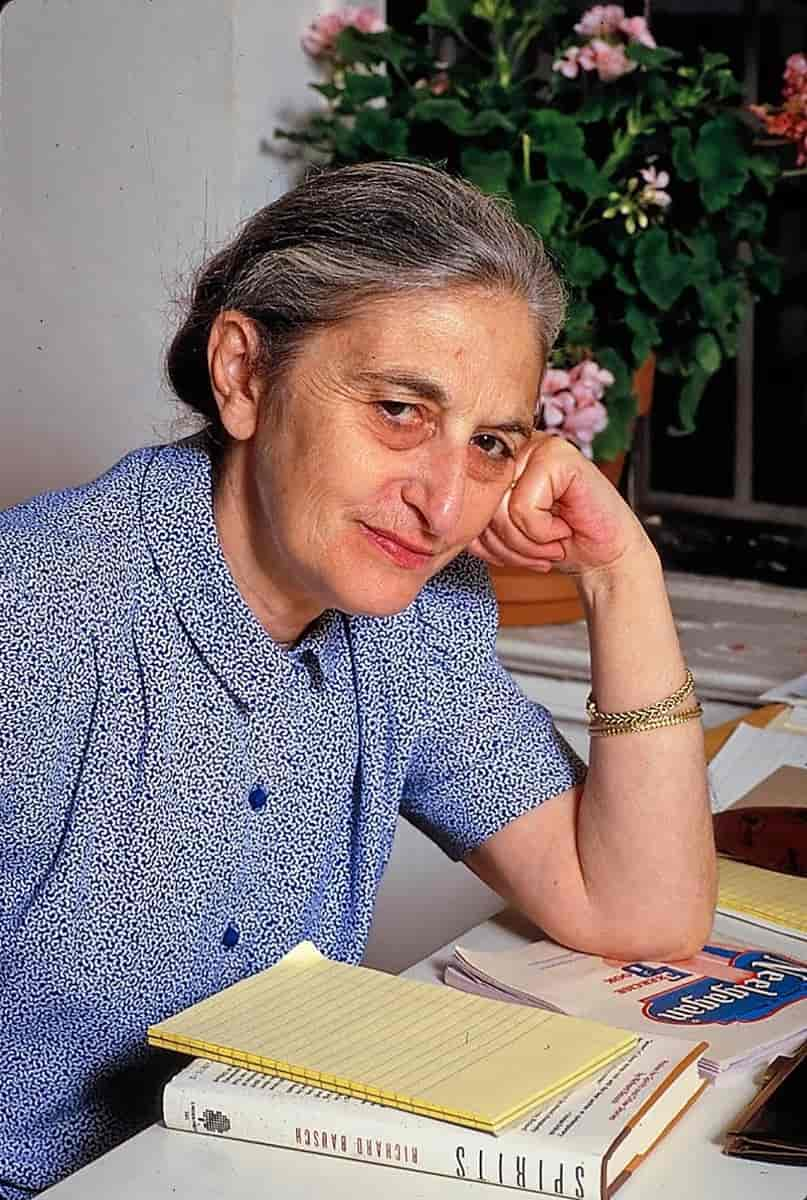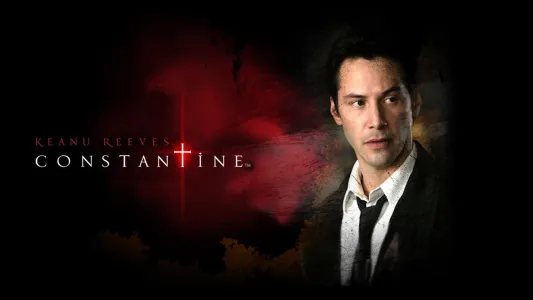
The magic of cinema begins not with the captivating visuals or the star-studded performances, but in the quiet genesis of a story, meticulously crafted by the often-unsung heroes of the silver screen: screenwriters. These visionaries are the architects of the narratives that move us, scare us, and make us laugh, transforming simple ideas into blueprints for entire worlds. Their words are the very foundation upon which unforgettable films are built, shaping characters, dialogues, and plot twists that resonate across generations.
For too long, the spotlight has predominantly shone on directors and actors, yet it is the screenwriter who first breathes life into a film’s soul. They are the craftspeople who understand that “every screenplay and teleplay begins with a thought or idea,” and it is their ingenuity that transforms these nascent concepts into compelling scripts intended for production. From short films to feature-length epics, television programs to video games, the craft of screenwriting is a fundamental, versatile art that demands both imagination and profound storytelling abilities.
Today, we embark on a journey to celebrate some of the most influential and groundbreaking figures in cinematic history – the screenwriters who redefined the art form. These masters, whose work spans virtually the entire history of cinema, have not just told stories; they have “transformed the art, craft, and language of screenwriting,” leaving an indelible mark on how we perceive and create film. Get ready to dive deep into the minds behind some of the greatest movies ever made.

1. **Billy Wilder**Billy Wilder, a name synonymous with unparalleled wit and masterful storytelling, stands tall among the giants of screenwriting. He famously “self-identified as a writer,” a testament to his dedication to the craft, memorialized by his tombstone in Los Angeles bearing the iconic words: “I’m a writer but then nobody’s perfect.” This playful self-assessment, a direct nod to “his most famous line,” the two-word swansong to *Some Like It Hot* (1959), perfectly encapsulates his blend of humor and profound insight.
Wilder’s brilliance lay in his ability to traverse genres with seamless grace, creating a “full handful of classics” that continue to captivate audiences decades later. His filmography boasts an incredible range, from the dark, intricate world of classic noir to the sparkling, sophisticated realm of the finest screen comedies ever conceived. This versatility wasn’t just impressive; it was transformative, pushing the boundaries of what a screenplay could achieve in terms of emotional depth and narrative complexity.
Consider his seminal works: *Double Indemnity* (1944), a cornerstone of film noir, perfectly showcasing his sharp dialogue and cynical worldview. Then there’s *Sunset Boulevard* (1950), a haunting exploration of Hollywood’s dark underbelly, and *Ace in the Hole* (1951), a searing critique of media sensationalism. These dramas stand in stark contrast to his comedic masterpieces, *Some Like It Hot* (1959) and *The Apartment* (1960), which are lauded as some of “the finest screen comedies ever written,” brimming with clever dialogue and perfectly timed humor.
Wilder’s legacy is not just in the sheer number of brilliant films he penned, but in the enduring quality and influence of his writing. He crafted characters that felt real, dialogues that crackled with energy, and stories that, despite their specific settings, explored universal human truths. His impact on how stories are told on screen is immeasurable, solidifying his place as a true master of the screenwriting art form.
Read more about: King of Cool: A Comprehensive Look at Dean Martin’s Enduring Legacy, Iconic Career, and Final Years
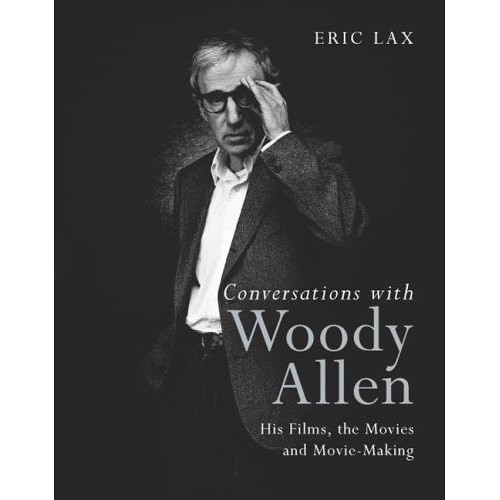
2. **Woody Allen**Despite the complexities surrounding his public persona, Woody Allen’s indelible mark as a screenwriter secures his place among the all-time greats. His unique voice, characterized by neurotic introspection, intellectual humor, and a distinctly New York sensibility, has defined a significant era of American cinema. His ability to fuse deeply personal narratives with broad comedic strokes created a style that was instantly recognizable and widely influential.
Allen’s “best work is arguably Annie Hall (1977), Manhattan (1979), and Hannah and Her Sisters (1986),” films that not only earned critical acclaim but also captured the zeitgeist of their respective decades. *Annie Hall*, in particular, revolutionized romantic comedy with its innovative narrative structure and witty, self-aware dialogue. These films showcased his keen observational skills and his talent for crafting characters who felt both flawed and deeply relatable, navigating the absurdities of modern life and love.
Even in his later career, Allen continued to demonstrate his screenwriting prowess, with works like *Midnight in Paris* (2011) still garnering significant accolades. This enduring ability to craft engaging, character-driven stories, often exploring themes of love, art, and mortality, speaks volumes about his consistent talent. His screenplays, regardless of the controversies, represent a singular vision that has profoundly shaped the landscape of contemporary film.
His narratives are often a delicate balance of the profound and the mundane, the farcical and the tragic. Allen’s meticulous attention to dialogue and character development has inspired countless aspiring writers, proving that deeply personal storytelling, when executed with such precision and wit, can achieve universal resonance. He remains a complex figure, but his screenwriting contributions are undeniable.
Read more about: Beyond the Limelight: 14 Celebrities Whose Dark Secrets Reshaped Their Legacies, Uncovered by Investigative Journalism
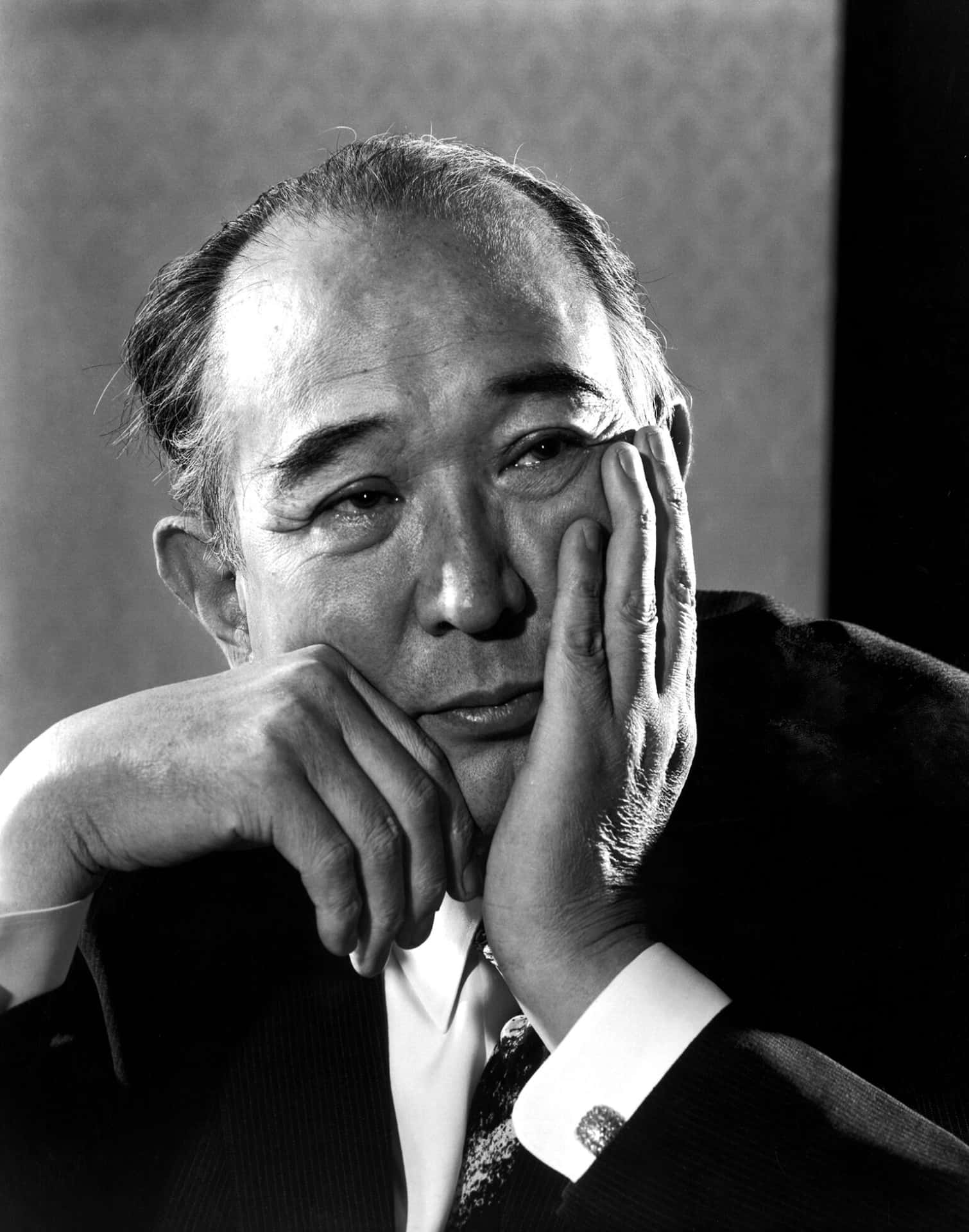
3. **Akira Kurosawa**Akira Kurosawa masterfully blurred the lines between writing and directing, exemplifying his own maxim: “If you want to be a great director, be a great screenwriter.” His profound understanding of narrative, character, and visual storytelling allowed him to create a body of work that is not only critically acclaimed but also globally influential. Kurosawa was, above all, a “great storyteller,” whose screenplays laid the groundwork for countless cinematic achievements.
Kurosawa’s films are legendary for their creation of “so many cinematic archetypes” that have been repeatedly reinterpreted across different cultures and film industries. From the heroic ronin in *Seven Samurai* (1954), which served as the blueprint for countless ensemble action films, to the cunning strategist in *The Hidden Fortress* (1958), an acknowledged inspiration for *Star Wars*, his characters and plots have a timeless quality that transcends their original Japanese setting. *Yojimbo* (1961), too, provided the foundation for Westerns like *A Fistful of Dollars*, showcasing the universal appeal of his narratives.
One of his most singular achievements, *Rashomon* (1950), stands out as “the greatest cinematic meditation on truth-telling and its rarity,” a film so unique in its narrative structure and philosophical depth that it “could not be replicated.” This film’s groundbreaking use of multiple perspectives to recount a single event not only propelled Kurosawa onto the international stage but also profoundly influenced cinematic narrative techniques for generations to come.
Through his screenplays, Kurosawa demonstrated a rare ability to combine spectacle with profound human insight, crafting epic tales that delve into moral dilemmas, honor, and the complexities of human nature. His legacy continues to inspire filmmakers worldwide, proving that a strong screenplay is indeed the backbone of any great film, and his words were the very essence of his cinematic power.
Read more about: Mind Blown! 14 Iconic Movies That Absolutely Reworked Everything We Know About Film (Wait Till You See Number 7!)
4. **Herman J. Mankiewicz**Herman J. Mankiewicz, while not boasting an extensive catalog of individual masterpieces like some peers, is etched into cinematic history for “effectively just one truly great film,” *Citizen Kane* (1941). This single achievement is monumental, widely regarded as “probably the single most influential screenplay in the entire history of cinema,” forever altering the landscape of storytelling on the big screen.
Mankiewicz penned “the first draft of it, called American,” before collaborating with Orson Welles on rewrites. While “the precise division of their contributions will probably never be fully established,” what remains unequivocally significant is the groundbreaking result. *Citizen Kane* was “the first screenplay to have both the narrative ambition and moral ambiguity of great literature or theater,” elevating film writing to an unprecedented level of artistic sophistication.
Its revolutionary flashback structure, “famously inspired by probably the finest American novel, The Great Gatsby (1925),” offered a non-linear approach to character exploration, unraveling the life of a “megalomaniac tycoon” through fragmented memories and diverse perspectives. This innovative narrative technique profoundly impacted subsequent screenwriters, expanding the possibilities for cinematic structure and character depth. The tale of power and corruption “only seems to have grown in resonance in our age of billionaires,” solidifying its timeless critical relevance.
Mankiewicz’s own compelling story, intertwined with the creation of *Citizen Kane*, was fittingly brought to the screen in David Fincher’s *Mank* (2020), cementing his status as a heroic figure in the annals of screenwriting. His singular, monumental achievement with *Citizen Kane* ensures his enduring legacy as a pioneer who challenged and transformed the conventions of cinematic storytelling, proving that one script can indeed change everything.
Read more about: Ahead of Their Time: 14 Cinematic Gems That The Box Office Ignored But Are Now Legendary

5. **Federico Fellini**Federico Fellini, an icon of Italian cinema, began his professional life not behind a camera but as a writer, initially finding success on “an Italian satirical magazine.” This early experience with “comedic and convivial collaboration” in magazine writing seamlessly translated into his film career, where he developed a unique storytelling voice that combined the intensely personal with the wildly imaginative.
For “more than two decades,” Fellini meticulously “wrote and directed a succession of unique masterpieces” that are instantly recognizable for their distinctive blend of “the most intense realism with the most vertigo-inducing flights of fantasy.” His films are vibrant, dreamlike tapestries that explore human nature, memory, and the spectacle of life itself, often blurring the lines between reality and surrealism. This inimitable style cemented his reputation as a visionary auteur.
Among his many “peaks” are a series of unforgettable films: *I Vitelloni (The Layabouts)* (1953), *La Strada (The Road)* (1954), and *Nights of Cabiria* (1957) showcase his early neo-realist influences, albeit with his growing stylistic flourishes. He then moved into his more grand, often autobiographical, and fantastical works such as *La Dolce Vita* (1960) and *8 1⁄2* (1963), films that profoundly influenced generations of filmmakers with their non-linear narratives and visually stunning sequences.
His prolific career culminated in what is “perhaps the greatest autobiographical film ever made, Amarcord (1973),” a nostalgic and often surreal evocation of his childhood in Benito Mussolini’s Italy. Fellini’s screenplays were not just narratives; they were immersive experiences, inviting audiences into a world crafted with extraordinary detail and emotional depth, demonstrating the profound power of a writer’s vision to shape an entire cinematic universe.
Read more about: Enzo Staiola, Child Star at the Heart of ‘Bicycle Thieves,’ Dies at 85: A Comprehensive Look at His Enduring Legacy

6. **Ingmar Bergman**While Federico Fellini explored the hot, feverish tales of southern Europe, Ingmar Bergman cinematically “conquered northern Europe, especially Scandinavia, with his more austere examinations of the human condition.” Bergman’s screenplays are renowned for their profound philosophical depth, psychological intensity, and stark, often bleak, portrayals of existential angst, faith, and human relationships. Just like Fellini, he consistently “wrote or co-wrote almost all of his greatest films,” ensuring his personal vision permeated every aspect of his work.
Bergman possessed an extraordinary ability to translate complex internal struggles and theological questions into visually striking and emotionally resonant narratives. His films delve into the core of human experience, stripping away superficialities to expose raw emotions and profound dilemmas. This unflinching honesty, combined with a meticulous approach to dialogue and character development, made his screenplays exceptionally powerful and enduring.
His filmography is rich with “unforgettable tales” that have left an indelible mark on cinematic art. *The Seventh Seal* (1957) famously depicted medieval plague and a knight’s chess game with Death, a powerful allegory for the search for meaning in a world grappling with mortality. *Through A Glass Darkly* (1963) offered an intimate and harrowing portrayal of family breakdown and mental illness, showcasing his mastery of psychological drama within a confined setting.
Ultimately, Bergman delved into “individual psychological breakdown in Persona (1966),” a film renowned for its experimental narrative and profound exploration of identity and personality. His work stands as a testament to the power of a screenwriter to explore the deepest recesses of the human psyche, crafting narratives that are as challenging as they are rewarding, and cementing his legacy as a profound cinematic philosopher and storyteller.
Read more about: Beyond Blockbusters: 10 Visionary Directors Who Redefined Cinema in the 1970s, And Whose Films Still Captivate Audiences Today.
7. **Ben Hecht**Ben Hecht is a towering figure in the history of Hollywood, a writer who “virtually invented the profession of screenwriter, at least in Hollywood.” His prolific output and exceptional talent made him one of the most sought-after writers of his era, often working under immense pressure and tight deadlines, yet consistently delivering groundbreaking scripts. Hecht’s influence extended far beyond credited work, as he was a key contributor to numerous films, both recognized and uncredited.
This was an era when “credits were rarely distributed fairly,” and writers often collaborated across studios, making Hecht’s actual body of work even more extensive than his official filmography suggests. His adaptability and speed were legendary, allowing him to shape diverse stories, from gritty crime dramas to sophisticated comedies, with his distinctive blend of sharp dialogue and intricate plotting. Hecht truly set the standard for what a professional screenwriter could be.
Among “Hecht’s most famous credited screenplays are The Front Page (1931) and Scarface (1932),” both of which were later remade, demonstrating their enduring narrative power and foundational influence on their respective genres. He also lent his considerable talent to Alfred Hitchcock, co-writing the classic thrillers *Spellbound* (1945) and *Notorious* (1946), contributing significantly to the master of suspense’s golden era with his taut plotting and memorable character dynamics.
Perhaps even more remarkably, “the films Hecht wrote without credit were even more remarkable,” a testament to his pervasive influence. These uncredited contributions include such iconic works as *Gone With the Wind* (1939), *The Shop Around the Corner* (1940), and *His Girl Friday* (1940), films that are cornerstones of cinematic history. Hecht’s unparalleled ability to churn out quality work, often in a collaborative and behind-the-scenes capacity, solidified his status as a true, albeit often hidden, genius of screenwriting.
Read more about: Unraveling Marfan Syndrome: An In-Depth Look at its Multi-Systemic Impact and Evolving Care

8. **Francis Ford Coppola**While widely celebrated as one of the greatest directors of the 1970s, Francis Ford Coppola’s genius extended far beyond the camera. His directorial triumphs, including *The Godfather* (1972), *The Godfather Part II* (1974), *The Conversation* (1974), and *Apocalypse Now* (1979), are etched into cinematic legend. Yet, it’s less frequently acknowledged that he was equally formidable as a screenwriter during that same extraordinary decade.
Coppola’s prowess lay in his ability to not only helm these masterpieces but to also meticulously craft their narratives. He wrote or co-wrote the screenplays for all four of these iconic films, demonstrating an intimate understanding of character, dialogue, and dramatic structure. This hands-on approach ensured a seamless vision from script to screen, making each film a cohesive work of art.
His screenwriting impact wasn’t limited to his own directorial projects. Coppola also lent his considerable talents to other significant films of the era. He wrote or co-wrote the screenplays for *Patton* (1970), a critically acclaimed biographical war film, and *The Great Gatsby* (1975), a lavish adaptation of the classic American novel. This showcases a versatility that spanned different genres and directorial styles.
Coppola’s dual role as a visionary director and a profound screenwriter solidifies his legacy as a true titan of cinema. His influence on screenwriting, particularly in the creation of complex, character-driven narratives, remains a cornerstone of film studies. He truly set a gold standard for what a writer-director could achieve.
Read more about: Mind Blown! 14 Iconic Movies That Absolutely Reworked Everything We Know About Film (Wait Till You See Number 7!)

9. **Leigh Brackett**Breaking new ground as the first woman featured on this list, Leigh Brackett stands as one of the all-time greatest screenwriters, despite a comparatively modest filmography of just 11 credited films. While many of her male counterparts amassed hundreds of scripts, Brackett’s primary focus was on science fiction writing, a field in which she was so successful that she earned the moniker, “The Queen of Space Opera.”
However, in the world of cinema, Brackett proved her incredible adaptability by seamlessly navigating diverse genres. She made an early and significant mark as one of the co-writers of *The Big Sleep* (1945), a quintessential film noir that brilliantly adapted Raymond Chandler’s complex novel. Her contributions also shaped what many consider to be Howard Hawks’ last great film, the classic Western *Rio Bravo* (1959), showcasing her range.
Her extraordinary final act as a screenwriter, however, saw her contribute to two defining films of the 1970s and 1980s. She penned *The Long Goodbye* (1973), which ingeniously updated Philip Marlowe for a 1970s Los Angeles setting. But her most enduring legacy is perhaps her work on *The Empire Strikes Back* (1980), widely regarded by fans as the greatest *Star Wars* film, cementing her influence across generations of blockbusters.
Brackett’s journey through Hollywood, from adapting literary giants to crafting sci-fi epics, highlights her pioneering spirit and undeniable talent. She carved out a unique and influential space in a male-dominated industry, proving that impactful storytelling knows no gender or genre boundaries.
Read more about: From Grit to Glory: John Wayne’s 11 Western Masterpieces That Defined a Legend

10. **Robert Towne**Much like Herman J. Mankiewicz’s monumental *Citizen Kane*, Robert Towne’s *Chinatown* (1974) holds a special place in cinematic history for its truly historic and utterly timeless quality. This singular achievement alone firmly establishes him among the greatest screenwriters to ever grace the silver screen, solidifying his status as a master of narrative depth and enduring relevance.
Towne, who had already garnered significant acclaim for his work on *The Last Detail* (1973) and was even rumored to have contributed to *The Godfather*, drew inspiration for his magnum opus from his own childhood experiences in Los Angeles during the 1930s. His ambition was to craft a neo-noir that would not just echo but transcend the original noir films, by bravely delving into the complex and often unsavory origins of the very city that gave birth to crime fiction as a genre.
His screenplay for *Chinatown* delivered a powerful love-hate story about Los Angeles, one that remains almost sadistically shocking half a century after its release. The film’s intricate plot, morally ambiguous characters, and stark exploration of corruption and power continue to resonate with audiences and critics alike, making it a benchmark for screenwriting excellence and a timeless piece of cinematic art.
Towne’s meticulous approach to storytelling, combined with his fearless exploration of dark themes, cemented *Chinatown*’s place as a masterpiece. His ability to create such a profound and impactful narrative, rooted in a keen understanding of history and human nature, marks him as a truly exceptional voice in the pantheon of screenwriters.
Read more about: Beyond Blockbusters: 10 Visionary Directors Who Redefined Cinema in the 1970s, And Whose Films Still Captivate Audiences Today.
11. **Emeric Pressburger**Emeric Pressburger is a name inextricably linked with one of the greatest screenwriter-director partnerships in the annals of film history: his collaboration with Michael Powell. Together, this duo crafted an astonishing series of films during and after World War II, an oeuvre so remarkable that even celebrated director Martin Scorsese, a long-time admirer, is reportedly working on a documentary about their collective genius.
Their wartime contributions alone are legendary. Pressburger’s credits include *The Life and Death of Colonel Blimp* (1943), a poignant British film chronicling both World Wars through its central character. He also penned *A Canterbury Tale* (1944), a truly bizarre yet beautiful narrative about a mysterious man pouring glue on girls’ hair, showcasing their unique storytelling flair. Then there was *I Know Where I’m Going* (1945), an early example and still one of the finest romantic comedies ever made.
As the war concluded, their creative output only intensified and deepened. Pressburger’s collaboration yielded *Black Narcissus* (1947), often hailed as one of the greatest studio creations in film history for its stunning visuals and intense psychological drama. This was followed by *The Red Shoes* (1948), a vibrant and tragic ballet film that Martin Scorsese himself considers one of his “Five Films To Live By,” a testament to its enduring power and influence.
In essence, Powell and Pressburger, through Pressburger’s unparalleled screenwriting, forged an enduring legacy. They created one of the greatest collections of English storytelling in any medium, and without a doubt, the most significant in English film. Their ability to blend profound themes with visual spectacle continues to inspire generations of filmmakers.
12. **Robert Bolt**For filmmakers who don’t double as writers, the choice of a screenwriter becomes paramount, often leading to the formation of legendary director-writer partnerships. Among these crucial collaborations, few were as impactful and significant as the one that blossomed between British director David Lean and screenwriter Robert Bolt throughout the 1960s, a partnership that yielded some of cinema’s most sweeping epics.
Bolt first achieved widespread recognition for his critically acclaimed play *A Man For All Seasons* (1960), a powerful historical drama depicting King Henry VIII’s profound conflict with his mentor, Sir Thomas More. He later adapted this compelling narrative for the big screen in 1968, further solidifying his reputation as a master dramatist capable of bringing historical figures to vivid life through dialogue and character.
However, it was his work with David Lean that truly allowed Bolt’s screenwriting brilliance to shine brightest. Together, they forged an unforgettable trilogy of exceptional screenplays, beginning with the epic *Lawrence of Arabia* (1962), a masterpiece of historical storytelling. This was followed by the romantic drama *Doctor Zhivago* (1965), and the visually stunning, albeit more controversial, *Ryan’s Daughter* (1970).
This partnership stands as a towering example of how a screenwriter’s vision, combined with a director’s artistry, can create cinematic works of immense scale and emotional depth. Bolt’s meticulous historical research and profound understanding of human motivations made these films not just spectacles, but deeply resonant explorations of the human condition, securing their place in film history.
Read more about: 14 Revolutionary War Films That Missed the Mark on History — A Deep Dive into Cinematic Liberties
13. **Ruth Prawer Jhabvala**In the often-complex world of screenwriting credits, where recognition can be unfairly denied, Ruth Prawer Jhabvala stands out as a stark example of “credit theft” in cinematic history. She was effectively the “third and silenced partner” of one of the most celebrated and commercially successful filmmaking partnerships of all time: Merchant Ivory, yet rarely received the full public acknowledgment she so richly deserved.
While producer Ismail Merchant and director James Ivory rightly garnered their accolades, Jhabvala was the indispensable go-to screenwriter for almost all of their greatest and most beloved films. Her meticulous adaptations and original screenplays formed the backbone of their distinctive cinematic style, characterized by exquisite period detail and nuanced character development.
Her impressive body of work for Merchant Ivory includes masterpieces such as *Shakespeare Wallah* (1965), *A Room With A View* (1985), *Howards End* (1992), and *The Remains of the Day* (1993). In fact, Jhabvala made history by winning back-to-back screenwriting Oscars for *Howard’s End* and *The Remains of the Day*, an achievement not seen by a female screenwriter for over half a century since Frances Marion.
Jhabvala’s profound contributions, though often understated, are undeniable. Her talent for translating complex literary works and crafting original stories with such grace and depth was instrumental to Merchant Ivory’s enduring success. Her legacy serves as a powerful reminder of the essential, though sometimes unacknowledged, role of the screenwriter in shaping cinematic greatness.
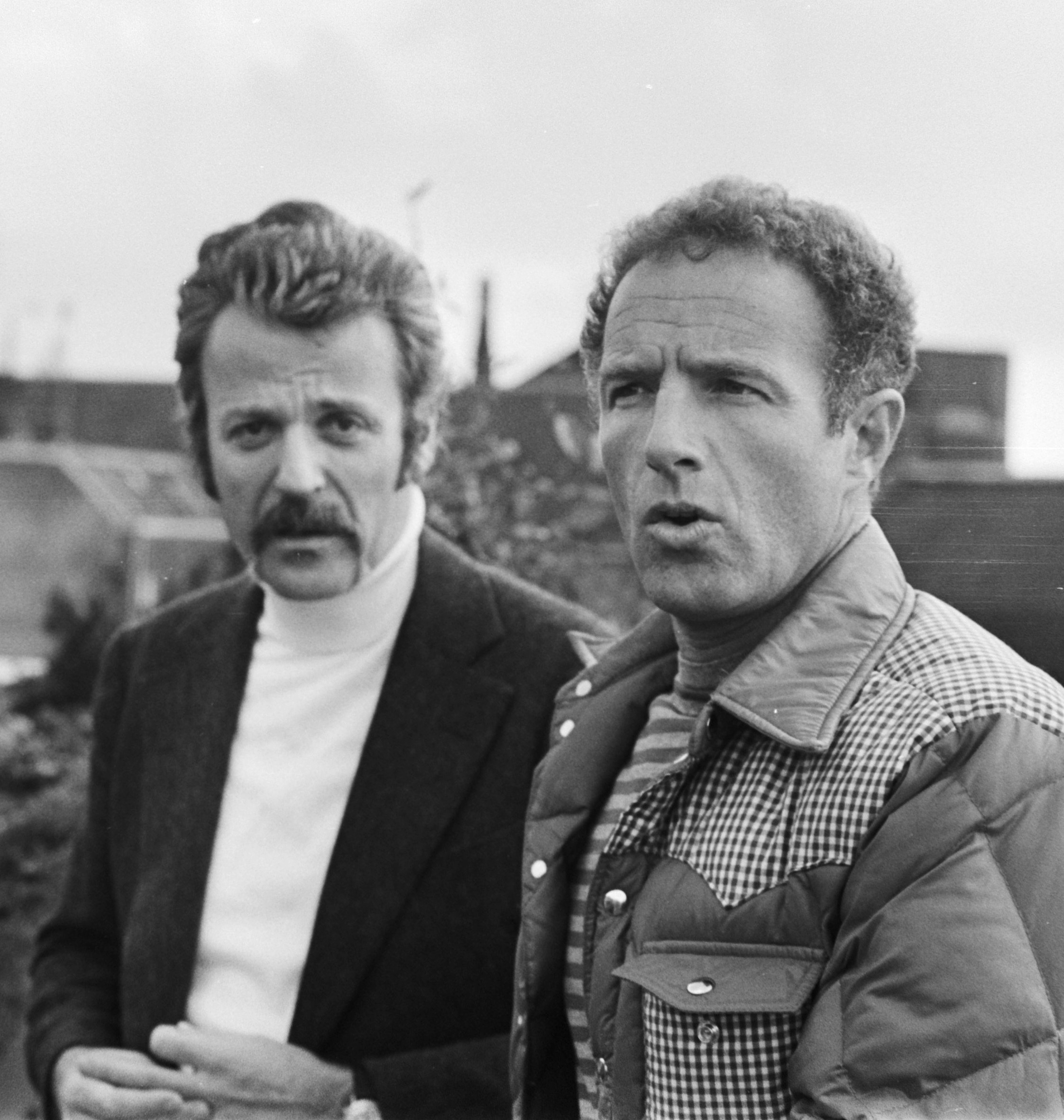
14. **William Goldman**With all due respect to other luminaries in the field, William Goldman holds a unique and revered place as arguably the greatest screenwriter to successfully transition into a prominent screenwriting guru. His enduring memoir, *Adventures in the Screen Trade* (1983), remains the most commercially successful and widely read book about screenwriting ever, becoming a bible for aspiring writers everywhere.
Goldman’s authority as a mentor stemmed directly from his own stellar achievements in Hollywood. He was a two-time Academy Award winner for screenwriting, first for the iconic Western *Butch Cassidy and the Sundance Kid* (1969). His second Oscar came for the gripping political thriller *All The President’s Men* (1976), showcasing his remarkable versatility across genres and his keen eye for compelling narratives.
Beyond his Oscar-winning triumphs, Goldman penned numerous other notable films that have become cultural touchstones. These include the intense psychological thriller *Marathon Man* (1976) and the beloved fantasy-adventure *The Princess Bride* (1987). Remarkably, both of these successful screenplays were adapted from his own acclaimed novels, further highlighting his exceptional talent as a storyteller in multiple mediums.
Goldman’s dual legacy as both a celebrated, award-winning screenwriter and an influential guide to the craft is truly unparalleled. His insights, wit, and practical advice continue to inspire and educate countless writers, cementing his status as a titan of screenwriting whose impact extends far beyond the silver screen.
Read more about: Ever Wonder What A-List Stars Really Eat? These 15 Master Chefs Are Bringing the Heat (Right Into Their Homes!)
An ending paragraph of the article.

